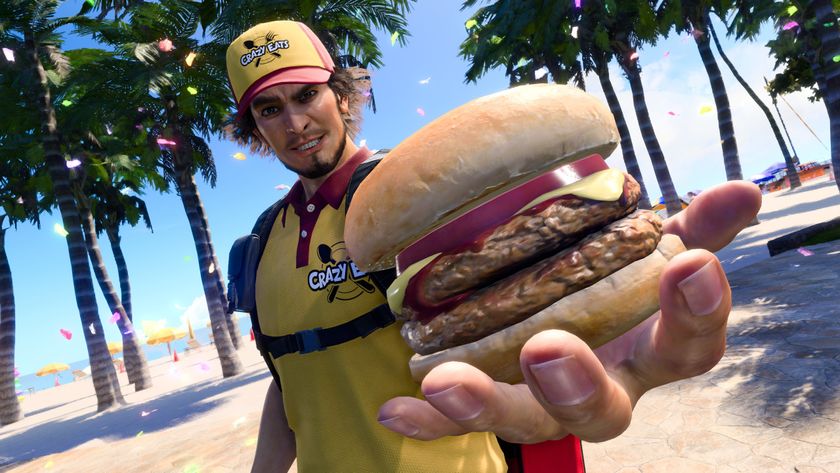Oculus VR made "factually inaccurate" statements in ZeniMax lawsuit, forensic analyst says
John Carmack's hard drive seems to have been messed with too.

A recently-granted motion in the lawsuit between ZeniMax Media and Oculus VR suggests that the case could be about to get very interesting, and not in a way that's good for Oculus. The motion to "permit disclosure of any 'demonstrably inaccurate' representations made to court," as reported by Polygon, indicates that an independent expert investigating the case found sworn statements that are "factually incorrect," and that "critical log files" on one of John Carmack's hard drives were deleted prior to its collection as evidence.
The specifics aren't known yet, but ZeniMax said that the report by forensic analyst Andrew S. Rosen contained three relevant statements:
- "statements and and representations that have been sworn to and are before the court are factually inaccurate"
- "opinions expressed in expert reports that are before the court that demonstrably inaccurate"
- "something within an image that leads me to question the authenticity, reliability, or integrity of an image or its contents"
"Plaintiffs [ZeniMax] state that prior to the issuance of Mr. Rosen's reports, and in response to Mr. Rosen's inquiry directed to the parties, Plaintiffs informed him that he was free to comment on and provide further elaboration of his troubling findings, but that Defendants [Oculus VR] objected to the full disclosure and took the narrow position that Mr. Rosen must restrict his comments to the extent that it is relevant to his analysis of the five specific issues before him," the filing says.
Basically, then, ZeniMax wants the full scoop from Rosen, rather than just answers to specific, pre-standing questions, and Oculus would rather that didn't happen. ZeniMax is also looking for "direct access to the hard drive images" that were found on Carmack's drive, in order to "offer the hard drives at trial as evidence showing Defendants' misconduct and efforts to hide their misconduct."
There's also an interesting bit where Oculus seems to be denying ZeniMax's claims in part because it didn't actually perform the forensic analysis on the hard drives that ZeniMax says it did, and so there's no need to hand them over. "Defendants state that Plaintiffs' claim in their reply that Defendants' forensic expert conducted a personal analysis of the MacBook hard drive is not accurate and that the forensic analysis was based on system logs from the MacBook image that have already been produced," it says. "Defendants argue that Plaintiffs' own failure to test the produced logs is not a default by Defendants of their discovery obligations and does not support the extraordinary remedy of awarding Plaintiffs direct access to Defendants' electronic repositories."
Ultimately, ZeniMax didn't get everything it wanted, but it came close. The judge denied the request for direct access to Carmack's hard drive, but granted the request to have the analyst "comprehensively inform the parties about the 'factually inaccurate' and 'demonstrably inaccurate' representations." He also ordered Oculus to hand over redacted communications with Carmack related to the collection of his hard drive.
Oculus was given two weeks to comply with the order, unless it and ZeniMax agree to a different date. I have a feeling ZeniMax won't be in the mood to provide any extensions. I've reached out to Oculus VR for comment and will update if and when I receive a reply.
The biggest gaming news, reviews and hardware deals
Keep up to date with the most important stories and the best deals, as picked by the PC Gamer team.

Andy has been gaming on PCs from the very beginning, starting as a youngster with text adventures and primitive action games on a cassette-based TRS80. From there he graduated to the glory days of Sierra Online adventures and Microprose sims, ran a local BBS, learned how to build PCs, and developed a longstanding love of RPGs, immersive sims, and shooters. He began writing videogame news in 2007 for The Escapist and somehow managed to avoid getting fired until 2014, when he joined the storied ranks of PC Gamer. He covers all aspects of the industry, from new game announcements and patch notes to legal disputes, Twitch beefs, esports, and Henry Cavill. Lots of Henry Cavill.
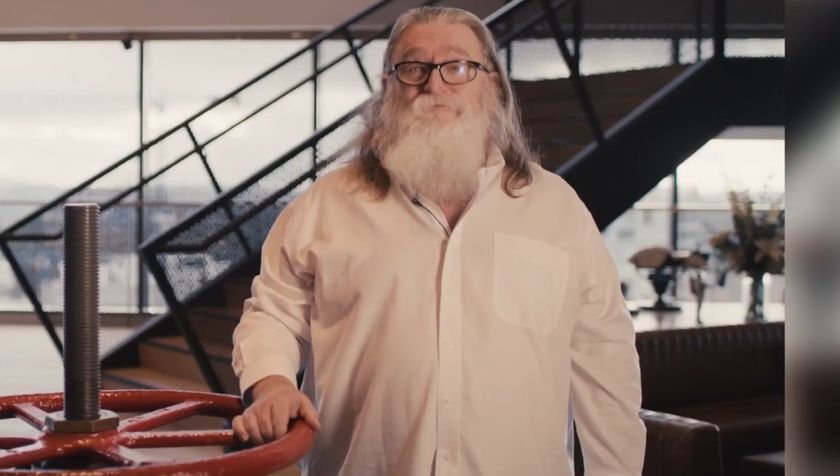
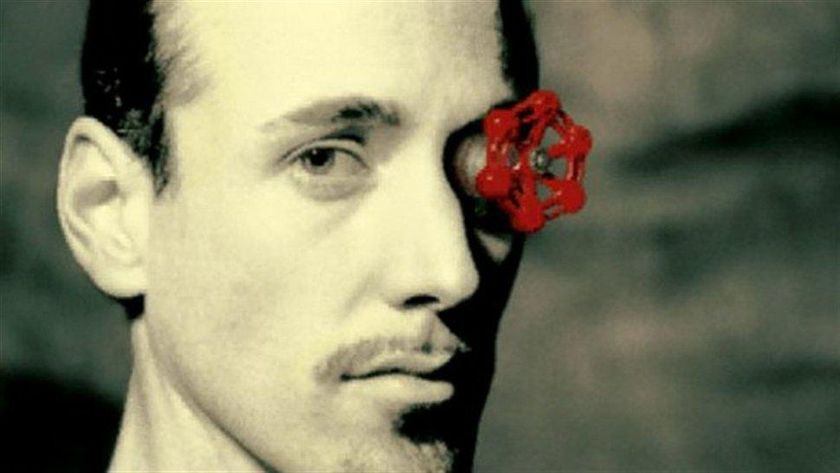

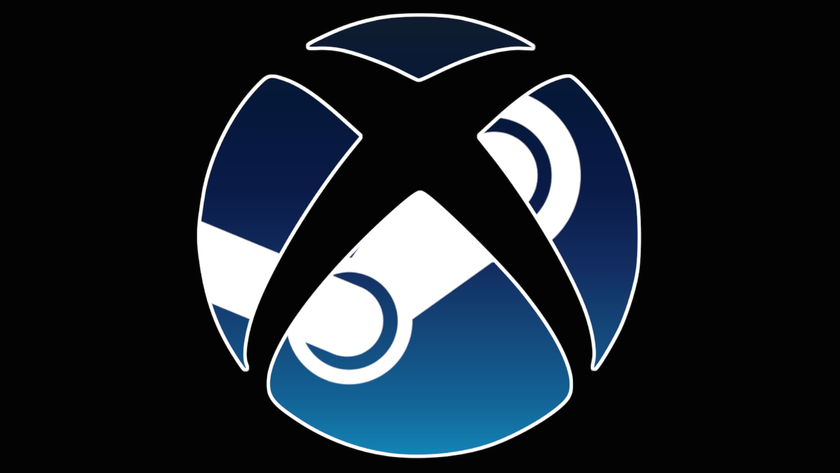

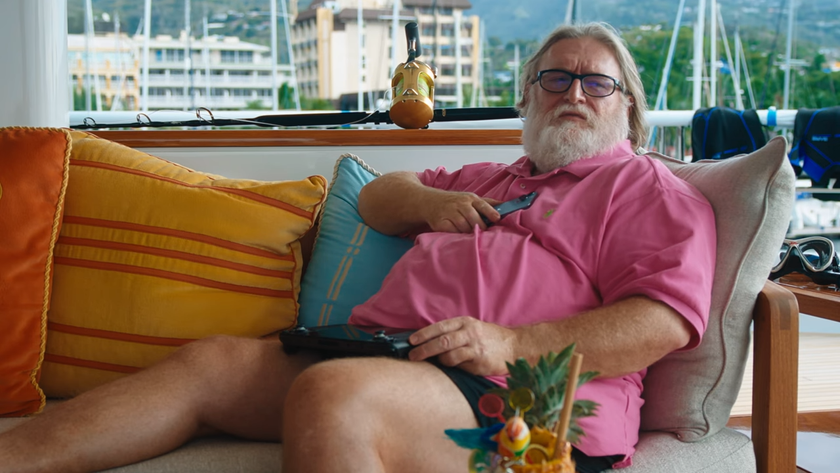
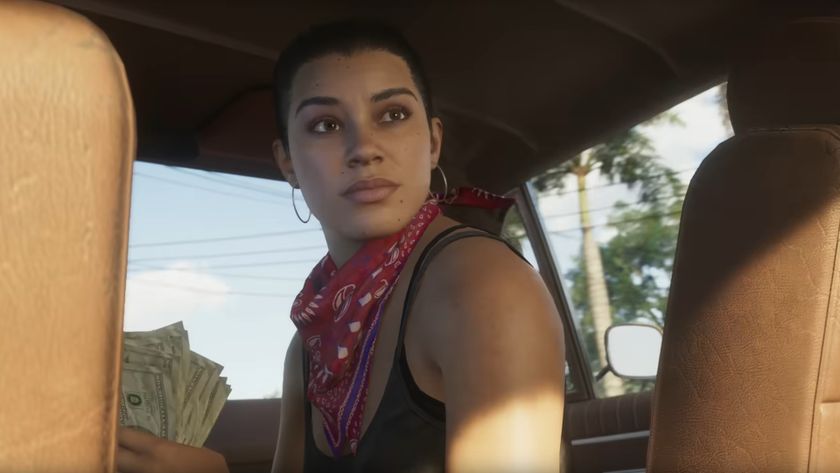
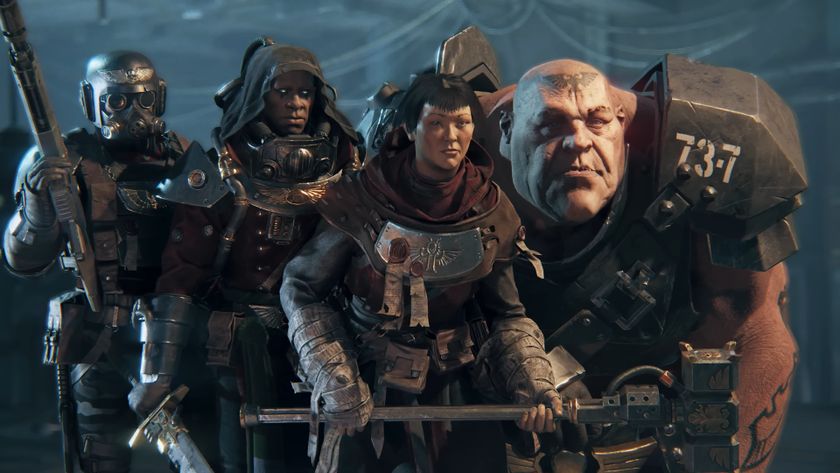
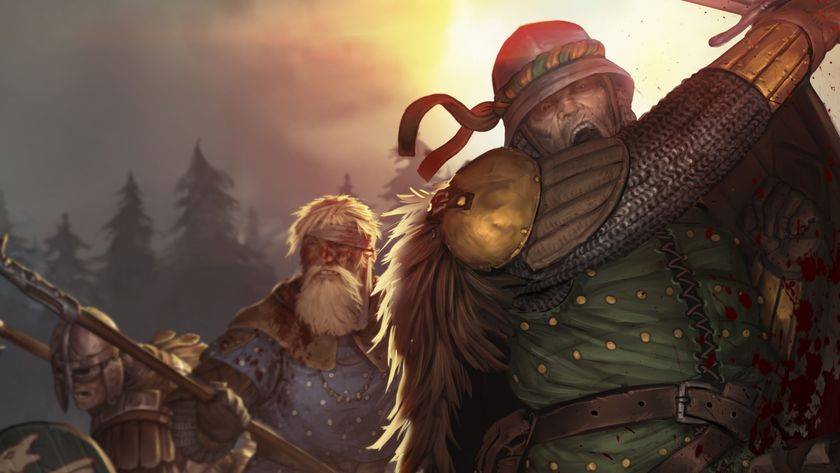
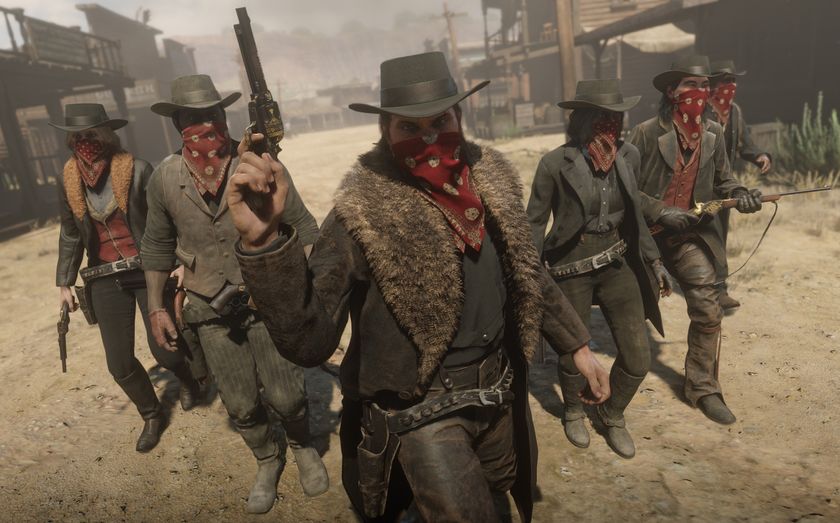
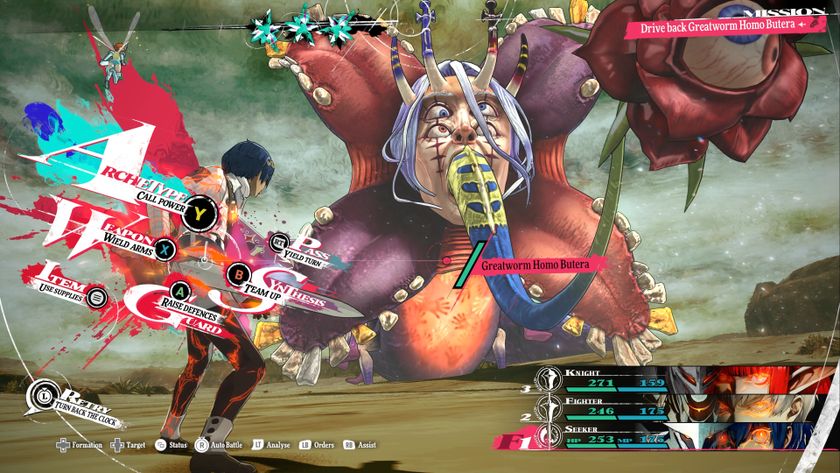
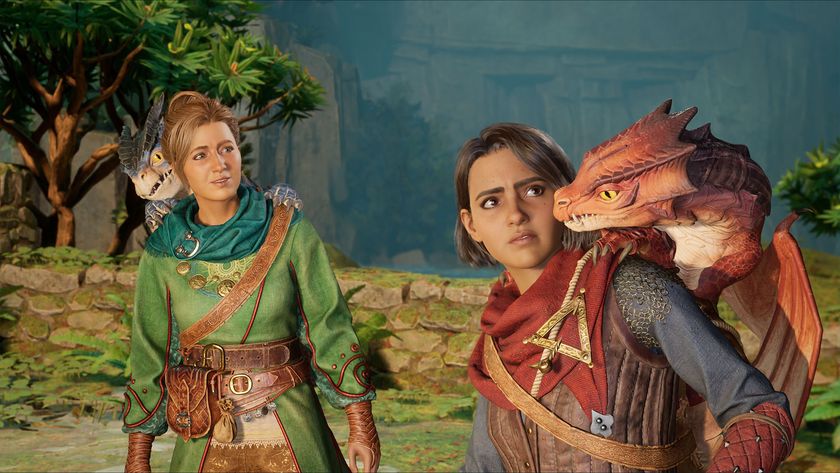

Gabe Newell is hooked on Stalker 2 and once he's got the fourth ending (!) will 'figure out what I'm going to play next'

Valve's DRM was inspired by an exec's nephew, who 'used a $500 check I'd sent him for school expenses and bought himself a CD-ROM replicator… he sent me a lovely thank you note'

